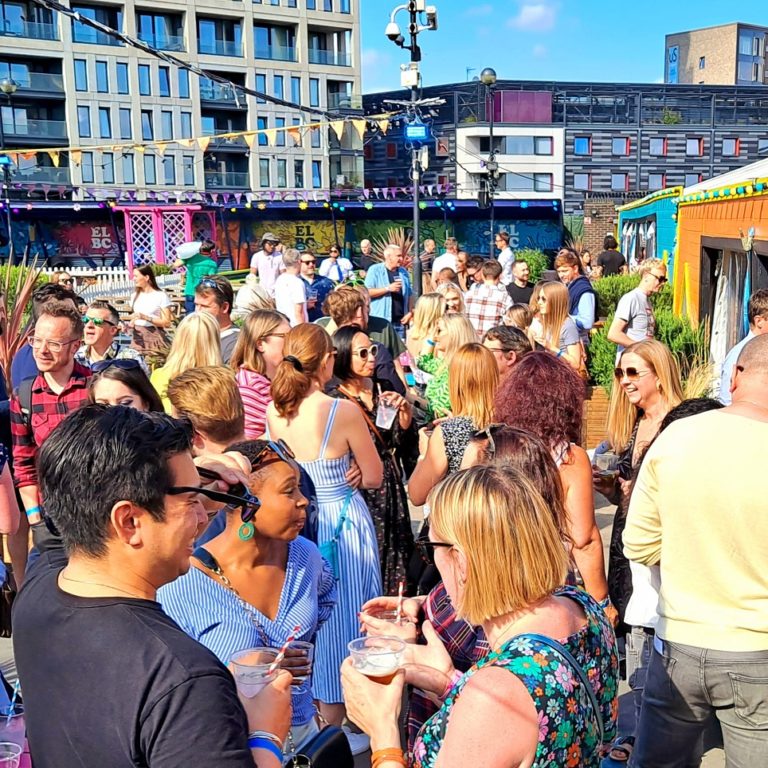MillionaireVue, Savanta’s omnibus survey for millionaires, has revealed that almost half of millionaires in the US are not engaged with sustainability.
This means that companies who are specifically looking to target HNWIs with strategies related to sustainability need to tailor their approach, as the hooks required to engage HNWIs are very different from those that will attract the general population.


Defiantly Disengaged:
The biggest segment, the ‘Defiantly Disengaged’, makes up 43% of millionaires surveyed in the US. This is notably higher than the general US population at 26%, showcasing the disparity between the wealthy and the broader population.
The ‘Defiantly Disengaged’ segment is characterised by strong right-leaning, pessimistic values, and rejects some aspects of sustainability, including responsible treatment of workers and promoting values of equality. The millionaires belonging to this group are older and have stated they are more pessimistic regarding their personal finances and the global economy.
Therefore, engaging this segment requires a thoughtful and more nuanced approach; given their pragmatic perspective. Highlighting the potential benefits of sustainable practices and social responsibility (in terms of long-term stability, business growth, and overall societal well-being) could persuade them to be more engaged.
Emphasising other attributes like personal freedom and individual responsibility may also resonate more than focusing solely on the benefits to wider society.
Contentious Traditionalists:
The second largest group among millionaires is the ‘Contentious Traditionalists’, at 22% (vs. 17% of the general population).
This segment embodies respect, personal responsibility and sustainability, with a specific focus on climate change and eco-friendly living, driven again by older millionaires.
However, while this group are concerned about climate change, they have not necessarily made many changes to their current lifestyle. To engage with them, sustainable options need to be easily accessible and with the benefits clearly communicated, so that they feel – and it can be seen – that they are making a positive impact.
While the ‘Defiantly Disengaged’ and ‘Contentious Traditionalists’ make up two-thirds of US millionaires, they are driven by older millionaires. Younger millionaires are driving some of the smaller segments and show a very different mindset.
Committed Changemakers:
The ‘Committed Changemakers’ (the second smallest segment), are a group with positive, internationalist worldviews who prioritise sustainability and trust experts. This segment accounts for 5% of US millionaires surveyed (vs. 9% of the general population). Mostly younger millionaires, they show promise for a future where millionaires live more sustainably and consciously.
The ‘Committed Changemakers’ segment also encompasses many luxury shoppers; the enthusiasm of young luxury buyers indicates shifting consumer expectations. Sustainability in advertising resonates deeply, forging connections with conscious consumers and setting trends.
This segment, despite being smaller, presents an opportunity for companies to create more aspirational narratives. Collaborations with this segment where eco-conscious choices are highlighted and rewarded, can inspire others to follow suit.
Although, as environmental consciousness gains traction, luxury brands also face more scrutiny, with ‘greenwashing’ being a pitfall.
Empowered Individualists:
The “Empowered Individualists,” representing 11% of respondents, primarily focus on their immediate world rather than advocating for systemic social change. Notably, this group comprises a substantial proportion of younger millionaires, with 29% of 18 to 34-year-olds and merely 1% aged 55 or older aligning with this segment.
Luxury shoppers also make up a large portion of this segment, highlighting a distinct perspective within the wealthy cohort.
Understanding the priorities of younger millionaires and luxury shoppers in the “Empowered Individualists” segment is crucial for brands. Aligning with their values of individual empowerment, while promoting collective sustainability, offers an opportunity for luxury brands to connect personal aspirations with broader societal impact and to provide a compelling narrative.
What does this mean for brands?
These findings present an opportunity for companies to tailor their sustainability strategies to engage with millionaires more effectively.
Companies can position themselves as catalysts for progress by advocating for sustainability, responsible worker treatment, and equality, but will have to keep in mind the nuances between the segments, and their different priorities and opinions.
*Based on n=1005 interviews conducted with those with $1m+ in investible assets in the US, March – June 2023)
Find out more about MillionaireVue:
Savanta’s MillionaireVue is a quarterly omnibus with c. 500 HNWI’s in each of UK, US and China. For more information please click here.
To find out more about the work our wealth & luxury team do, or to speak to one of our wealth specialists, please click here.
Download our Sustainability Segmentation report:
Our annual Sustainability Segmentation report explores growing trends characterising a more green-conscious consumer. We reveal consumer prevalence across industry sectors and identify how green consciousness translates into action.
The study surveyed over 10,000 respondents in the UK, US, and Canada, identifying where consumers and employees sit on the ‘green spectrum’ across different categories and aspects of their lives related to their attitudes, intentions and, crucially, actions.
Identifying seven consumer segments based on their awareness, knowledge, ability to care and behaviours, it will give organisations a working understanding of how to communicate and market sustainability in a manner that directly connects with consumer and customer values.









